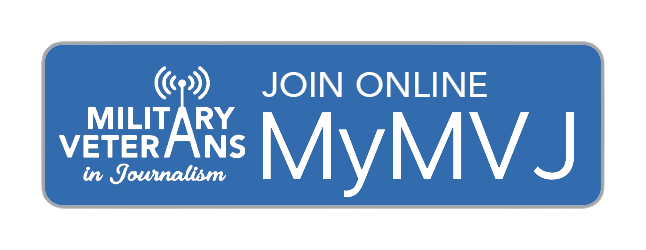A lead sentence.
How to begin? Not with a question.
Nor should leads begin with dates, names or quotes – if you can help it.
A lead sentence is the beginning of a news story, and if you start with any of the aforementioned ways, then I probably won’t read past the first paragraph.
I’m not the only one turned off by weak leads. Ameriforce Media associate editor Kari Williams recently Tweeted, “Full disclosure: If I start to read a story and the lede begins with a question or is an “Imagine” lede, I will immediately stop because I’ve lost all interest.”
Ameriforce correspondent Lucretia Cunningham replied, “Especially if it’s a yes or no question. My answer is always “no” and my reading stops there (insert laughing emoji).”
I believe a lead sentence is one of the most important parts of a story, and a topic worthy of a podcast. It takes skill and savvy to get a reader past the first few lines of a story, and nobody knows that better than Roy Peter Clark, of the Poynter Institute.
Clark, an author, journalist and educator, has made it his mission to rate the best Pulitzer Prize lead sentences for the past six years, so I chose him to shine a light on this underrated art form in the March episode of Sword and Pen.
“If the lead is a gold coin, it shouldn’t be the only gold coin in the story. It should be the first of maybe two or three,” he said.
So, what does he consider a golden lead sentence?
“When they heard the screams, no one suspected the rooster.”
Curious as to why a rooster would be considered as the prime suspect in an investigative story? If the answer is yes, then the writer did her job. You’ll have to listen to the podcast to hear the rest of the story.
During this 50:26-minute podcast, Clark masterfully expanded beyond lead sentences. He dropped several golden nuggets of writing advice as he wove an instructional tale of how to craft a solid story; gave us a sneak peek into his writer’s workbench; and instructed us on the various moves he makes when trying to engage readers throughout a story, like leading someone into a story without telling them exactly what it’s about.
Clark also divulged one of his favorite (yet embarrassing) lead sentences, explained how he juggles AP and APA style as an author and journalist, and proudly touted the Poynter Institute, which he deems one of the most important influential schools for journalists and democracy.

Lori King, the author of this piece, is a member of MVJ and co-host of the Sword & Pen podcast. She is an adjunct photojournalism instructor, a producer for the ONPA Buckeye Visualist podcast, and a retired military journalist.



